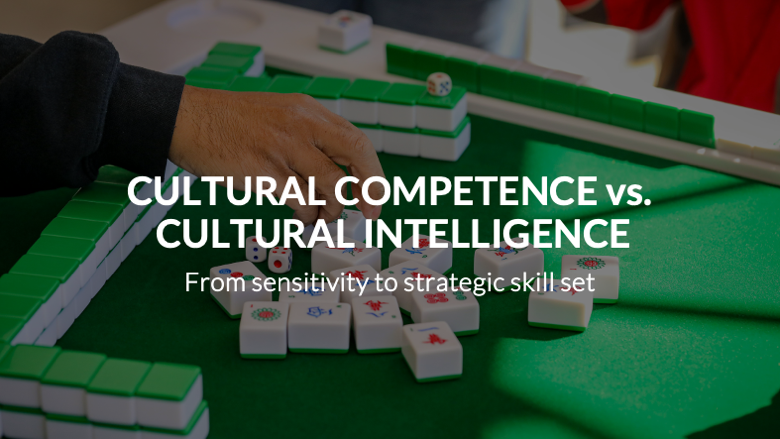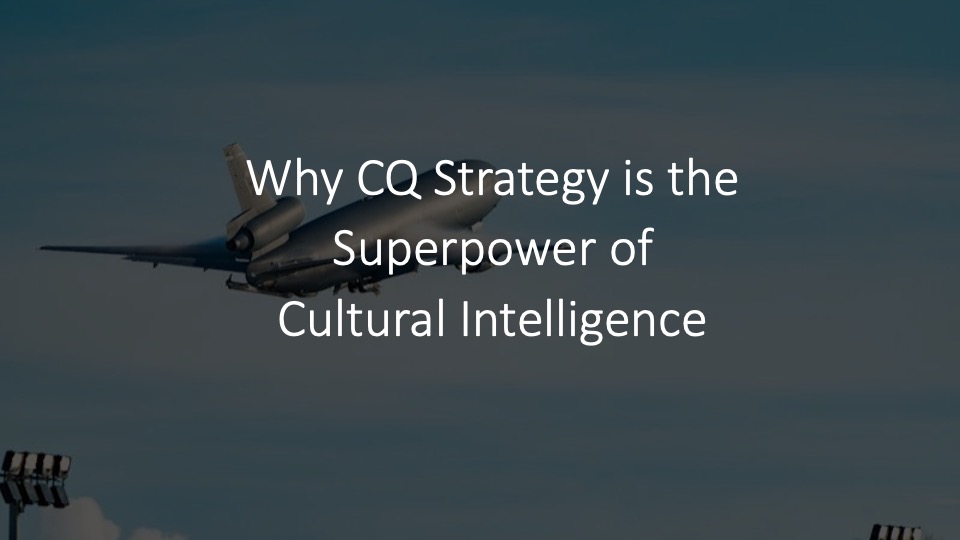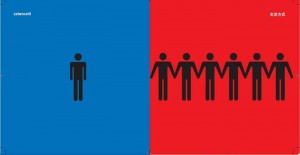Expatriate Spouses need more than cultural knowledge to thrive. They need high CQ. –Guest post by Regula Sindemann
I am not a cultural intelligence expert. As a matter of fact, it was only 18 months ago that I first came across the term. I was looking for an interesting topic for my Master’s thesis in the field of Coaching, Training and Development. As a German Expatriate Spouse (ES) living in China and studying in Hong Kong, I have a keen interest in the cultural interactions I experience and witness on a daily basis. School meetings, book clubs and study groups always contain participants from at least three different cultural backgrounds; an inspiring but also draining environment – an environment in which some ES thrive and some despair.
To me, being an ES in China is exciting and wonderful. Now, do not get me wrong: I do not claim to love every single bit of it, I have my highs and lows. But then I tend to view highs and lows as part of normal life. After all, back home not every day was sheer laughter either. Still, I guess it is fair to say that I thrive on the experience. I would not want to miss it for the world. At the same time, I know this woman who just moved here under similar circumstances as me—same age, same cultural background, same company support, same family circumstances. And she is struggling immensely. Why?
When I started to grasp the concept of CQ, questions relevant to my circumstances popped up: Are ES with a higher CQ more satisfied? Do they cope better with the challenges? And if so, do all four CQ capabilities play an equally strong part?
Six months, 153 data sets and 15 qualitative interviews later, I am happy to share the following from my study: CQ and ES satisfaction correlated positively, however not on all four CQ capabilities. For my sample, CQ Drive (motivation), Strategy (metacognition) and Action (behavior) all correlated significantly with ES satisfaction; CQ Knowledge (cognition) did not.
Correlations varied slightly depending on age, expatriation experience, and native tongue. But the general pattern remained the same: CQ Drive, Strategy and Action influenced ES satisfaction most, and CQ Knowledge not as much.
This even held true for Non-Asians (n=55) living in China, Hong Kong or Macau: They showed no significant correlation between their satisfaction and their CQ Knowledge. One is tempted to believe that the wider the culture gap the more important ‘knowledge’ of the host culture becomes. But this confirms what the wider body of research on cultural intelligence has found: that cultural knowledge by itself isn’t enough to predict one’s cross-cultural adjustment.
When asked what advice the expat spouses would give future individuals embarking on expat assignments, they highlighted: Be open-minded and positive, get involved in local social networks quickly, learn the local language and get cultural training. They realize that several capabilities are necessary for a successful expatriate assignment. They do not use the CQ lingo, but it does not take much effort to group their advice into the four CQ capabilities.
So? My study and experience confirm what has been discovered elsewhere: The traditional approach of cross-cultural training alone does not guarantee assignment success for the ES. CQ Drive seems to be the deal breaker, supported by CQ Strategy and Action.
I encourage organizations and practitioners to extend the scope of cultural training by including interventions for improving ES motivation, strategy and behavior.
As for me, my results on the CQ Multi-Rater Assessment reveal that my CQ Drive is exceptionally high, my CQ Knowledge rather poor, and my CQ Strategy and Action are average. I love being an Expatriate Spouse, even though it meant I had to give up my job. I am heartbroken that our assignment will end after four years, and would love it if our company sent us to other challenging countries. Isn’t that the family support all companies wish to have for their expatriates?
Regula Sindemann | Zhuhai, ChinaMA WBS (Coaching, Training and Development)
Certified Cultural Intelligence Facilitator
MBTI Practitioner




